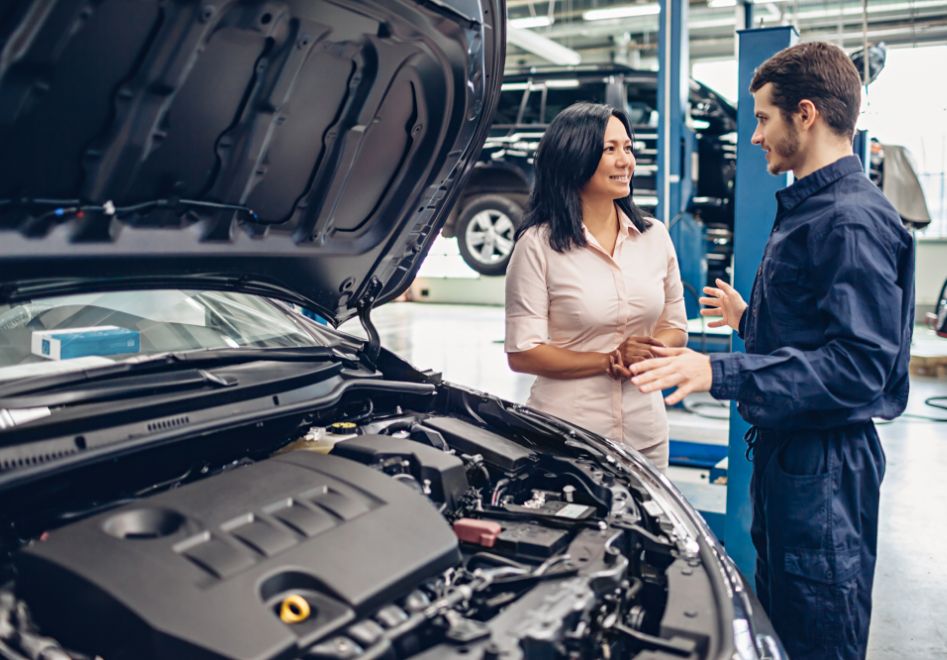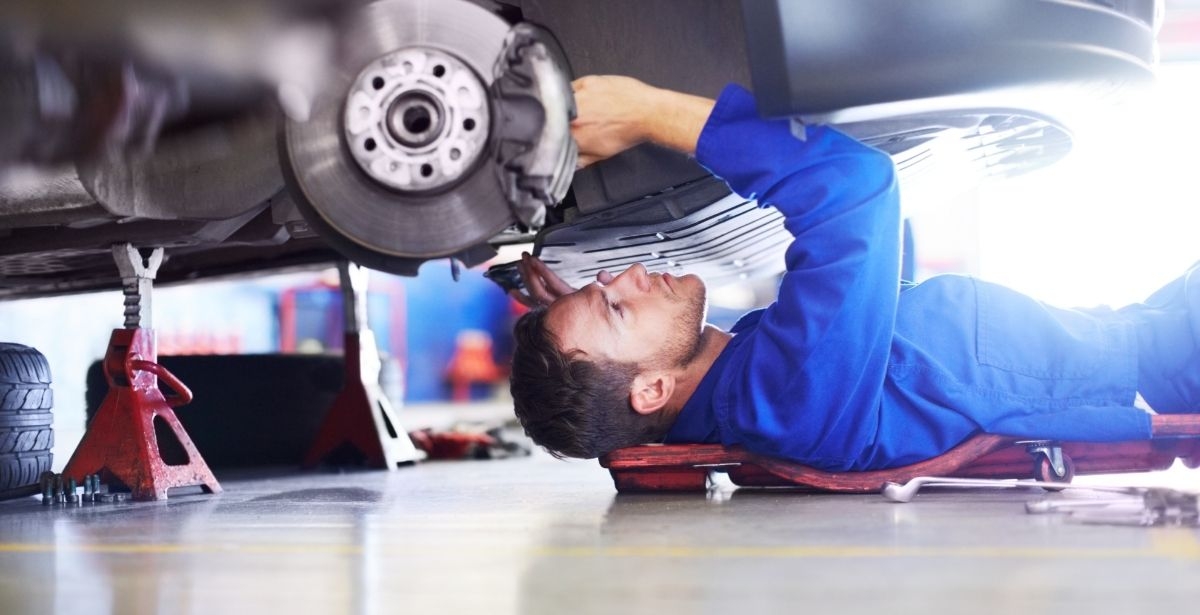All Categories
Featured
As electrical automobiles (EVs) proceed to gain popularity, one vital inquiry has arised: what occurs to the batteries once they get to the end of their lifespan? EV batteries are large, intricate, and include useful materials, making appropriate disposal and reusing important. The bright side is that numerous repair service shops, in collaboration with recycling programs, currently supply electrical car battery reusing services. Here's what you need to find out about this developing industry and its significance for sustainability.
![]()
In addition, the growing variety of electric lorries when driving has developed a pushing requirement for lasting services to handle battery waste. According to industry forecasts, numerous EV batteries will certainly call for recycling in the coming years, making fixing shops a vital part of this environment.
Manufacturer Partnerships: Brand Names like Tesla, Ford, and GM have established reusing campaigns, and licensed fixing stores connected with these suppliers commonly help with battery recycling. Third-Party Recyclers: Independent service center sometimes partner with business focusing on EV battery recycling, such as Redwood Products or Li-Cycle, which focus on extracting and recycling useful materials from batteries. 3. Exactly How the Process Functions. When an EV battery gets to completion of its lifecycle, fixing shops take numerous actions to guarantee its correct recycling:
Assessment: Technicians examine whether the battery can be repurposed for various other usages, such as energy storage systems. Disassembly: The battery is very carefully taken apart to divide recyclable materials. Reusing Transfer: The taken apart parts are sent out to specialized facilities where metals and other materials are recouped for reuse. This procedure minimizes waste and takes full advantage of the worth removed from made use of batteries, supporting a lasting EV ecosystem.
![]()
Government guidelines and motivations are also driving the development of battery reusing infrastructure. In regions like the EU and California, stringent guidelines on battery disposal make sure that repair service shops and manufacturers take responsibility for reusing initiatives.
Conclusion. Yes, repair work shops providing electric car battery recycling are becoming significantly common. These organizations play a vital role in developing a lasting EV market by guaranteeing that made use of batteries are recycled sensibly.
![]()
As even more repair work stores accept these techniques, they not only add to environmental management however also enhance the lifecycle of electric lorries. For EV proprietors, choosing repair shops with reusing services is a meaningful means to sustain sustainability while maintaining their vehicles.
The future of EV battery recycling is appealing, with repair service shops, producers, and governments working together to resolve the obstacles and construct a greener tomorrow.
- Why Reuse EV Batteries? EV batteries are made up of materials like lithium, cobalt, manganese, and nickel-- sources that are finite and energy-intensive to extract. Reusing these batteries stops damaging chemicals from permeating into the atmosphere and reduces the requirement for mining new resources. By recouping these components, reusing adds to the circular economic climate and minimizes the carbon footprint of EV manufacturing.

In addition, the growing variety of electric lorries when driving has developed a pushing requirement for lasting services to handle battery waste. According to industry forecasts, numerous EV batteries will certainly call for recycling in the coming years, making fixing shops a vital part of this environment.
- Repair Shops and Battery Recycling Programs. Several forward-thinking fixing stores are tipping up to provide EV battery reusing solutions. These stores commonly operate in collaboration with manufacturers, specialized reusing facilities, or government-backed programs to make certain batteries are dealt with safely and efficiently.
Manufacturer Partnerships: Brand Names like Tesla, Ford, and GM have established reusing campaigns, and licensed fixing stores connected with these suppliers commonly help with battery recycling. Third-Party Recyclers: Independent service center sometimes partner with business focusing on EV battery recycling, such as Redwood Products or Li-Cycle, which focus on extracting and recycling useful materials from batteries. 3. Exactly How the Process Functions. When an EV battery gets to completion of its lifecycle, fixing shops take numerous actions to guarantee its correct recycling:
Assessment: Technicians examine whether the battery can be repurposed for various other usages, such as energy storage systems. Disassembly: The battery is very carefully taken apart to divide recyclable materials. Reusing Transfer: The taken apart parts are sent out to specialized facilities where metals and other materials are recouped for reuse. This procedure minimizes waste and takes full advantage of the worth removed from made use of batteries, supporting a lasting EV ecosystem.
- The Duty of Repair Shops in Supporting Sustainability. Service centers that supply battery recycling not only help in reducing environmental effect but also strengthen customer trust. EV proprietors are more probable to choose companies that show environmental responsibility. Some repair shops go a step additionally by offering incentives, such as discount rates on new batteries or services, to customers who reuse their old ones.

- Challenges and Future Expectation. While battery recycling is expanding, obstacles remain. Not all service center are geared up to take care of EV batteries because of their safety and security, size, and complexity demands. As innovation advancements and demand for reusing increases, more repair work stores are likely to embrace these services.
Government guidelines and motivations are also driving the development of battery reusing infrastructure. In regions like the EU and California, stringent guidelines on battery disposal make sure that repair service shops and manufacturers take responsibility for reusing initiatives.
Conclusion. Yes, repair work shops providing electric car battery recycling are becoming significantly common. These organizations play a vital role in developing a lasting EV market by guaranteeing that made use of batteries are recycled sensibly.

As even more repair work stores accept these techniques, they not only add to environmental management however also enhance the lifecycle of electric lorries. For EV proprietors, choosing repair shops with reusing services is a meaningful means to sustain sustainability while maintaining their vehicles.
The future of EV battery recycling is appealing, with repair service shops, producers, and governments working together to resolve the obstacles and construct a greener tomorrow.
Latest Posts
Check Out Outstanding Car Repair Care from Montclare Auto Repair – Keep Your Car Running Smoothly
Published May 24, 25
1 min read
Discover the Best Auto Repair Coupons in Montclare, Chicago
Published May 23, 25
1 min read
Discover WyHy FCU – The Key to Superior Financial Services in Wyoming
Published May 22, 25
1 min read
More
Latest Posts
Check Out Outstanding Car Repair Care from Montclare Auto Repair – Keep Your Car Running Smoothly
Published May 24, 25
1 min read
Discover the Best Auto Repair Coupons in Montclare, Chicago
Published May 23, 25
1 min read
Discover WyHy FCU – The Key to Superior Financial Services in Wyoming
Published May 22, 25
1 min read